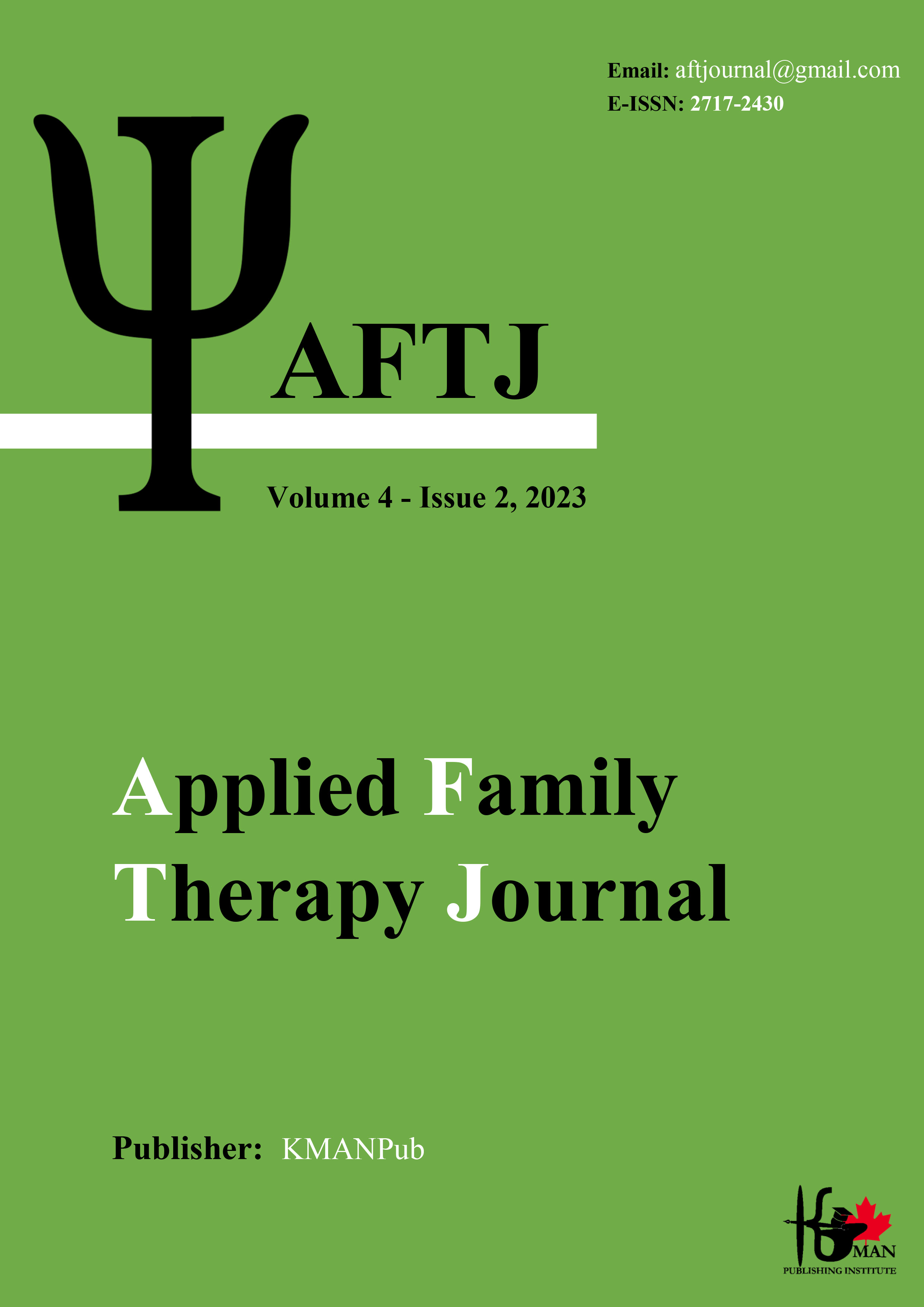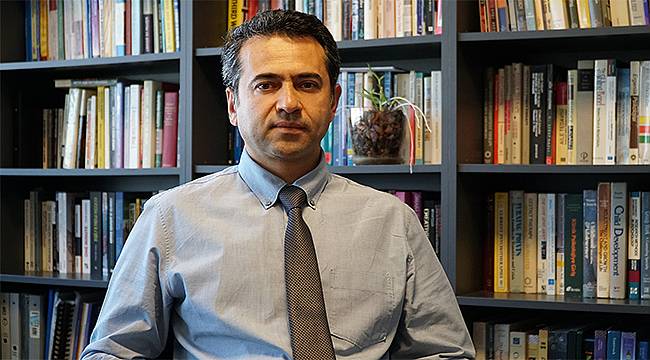The effectiveness of mindfulness group therapy based on cognition in reducing anxiety and increasing the quality of life of couples with delinquent husbands
Keywords:
consciousness, anxiety, quality of life, women with delinquent husbandsAbstract
Aim: The present study was conducted to investigate the effectiveness of cognitive-based mindfulness group therapy on reducing anxiety and increasing the quality of life of couples with delinquent husbands. Method: The current research design was a quasi-experimental pre-test-post-test and follow-up with a control group. The statistical population included all criminals and their spouses who refer to Wasal Psychological and Counseling Clinic during the year 2021. For sampling, the available sampling method is used, 20 couples are selected from the clients of Vesal Psychological and Counseling Clinic and are randomly replaced in the experimental group and the control group. Received the cognitive-based intervention and no intervention was provided to the members of the control group. Before and after the implementation of the intervention, Beck's anxiety questionnaire (Beck et al., 1990) and quality of life (World Health Organization group, 1998) were completed by the sample group. Result: The results of repeated measurement variance analysis showed that in the post-test and follow-up stages, the anxiety of women with delinquent husbands in the experimental group compared to the control group showed a significant decrease (F = 89.74, P = 0.001) and the quality of life of the experimental group compared to the control group. The evidence of increase (F = 110.31, P = 0.001) was found significant. Conclusion: The findings of the research confirm that it is important that mindfulness group therapy based on reducing anxiety reduces the marital conflicts of couples with delinquent spouses.
Downloads
Downloads
Published
Issue
Section
License

This work is licensed under a Creative Commons Attribution-NonCommercial 4.0 International License.






















